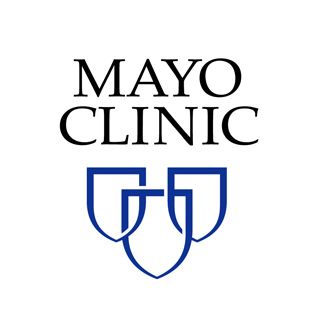
The team spotted 14 distinct mutations in the gene CSF1R apparently responsible for a disease called leukoencephalopathy with spheroids (HDLS). This disease usually leads to death of the patients as they reach 40 to 60 years of age. Moreover, people carrying this defective gene tend to eventually develop HDLS. Presently, a detailed examination of brain tissues via biopsy or autopsy is required for the diagnosis of the disease.
As part of the investigation, 14 families with a minimum of 1 member suffering from HDLS were examined. They were pitted against 2000 control subjects free of the disease. By accessing modern genetic linkage analyses and sequencing techniques, the team stumbled upon the CSF1R mutation. The latter usually resulted in deficient microglia activity but how it affected the white matter in the brains of HDLS patients is not clear.
“Because the symptoms of HDLS vary so widely — everything from behavior and personality changes to seizures and movement problems — these patients were misdiagnosed as having either schizophrenia, epilepsy, frontotemporal dementia, Parkinson’s disease, multiple sclerosis, stroke, or other disorders. Many of these patients were therefore treated with drugs that offered only toxic side effects,†remarked study’s senior investigator, neurologist Zbigniew K. Wszolek, M.D.
Presumably, most of the families carrying the abnormal HDLS gene were diagnosed with other conditions which implied that the latter is an underdiagnosed disease. The scientists believed that the number of people affected by this condition was apparently large and this is something that had not been observed in case of other disorders.
Further, the investigators believed that a blood test to gauge the prevalence of HDLS may be implemented soon. The study is published in the journal, Nature Genetics.
